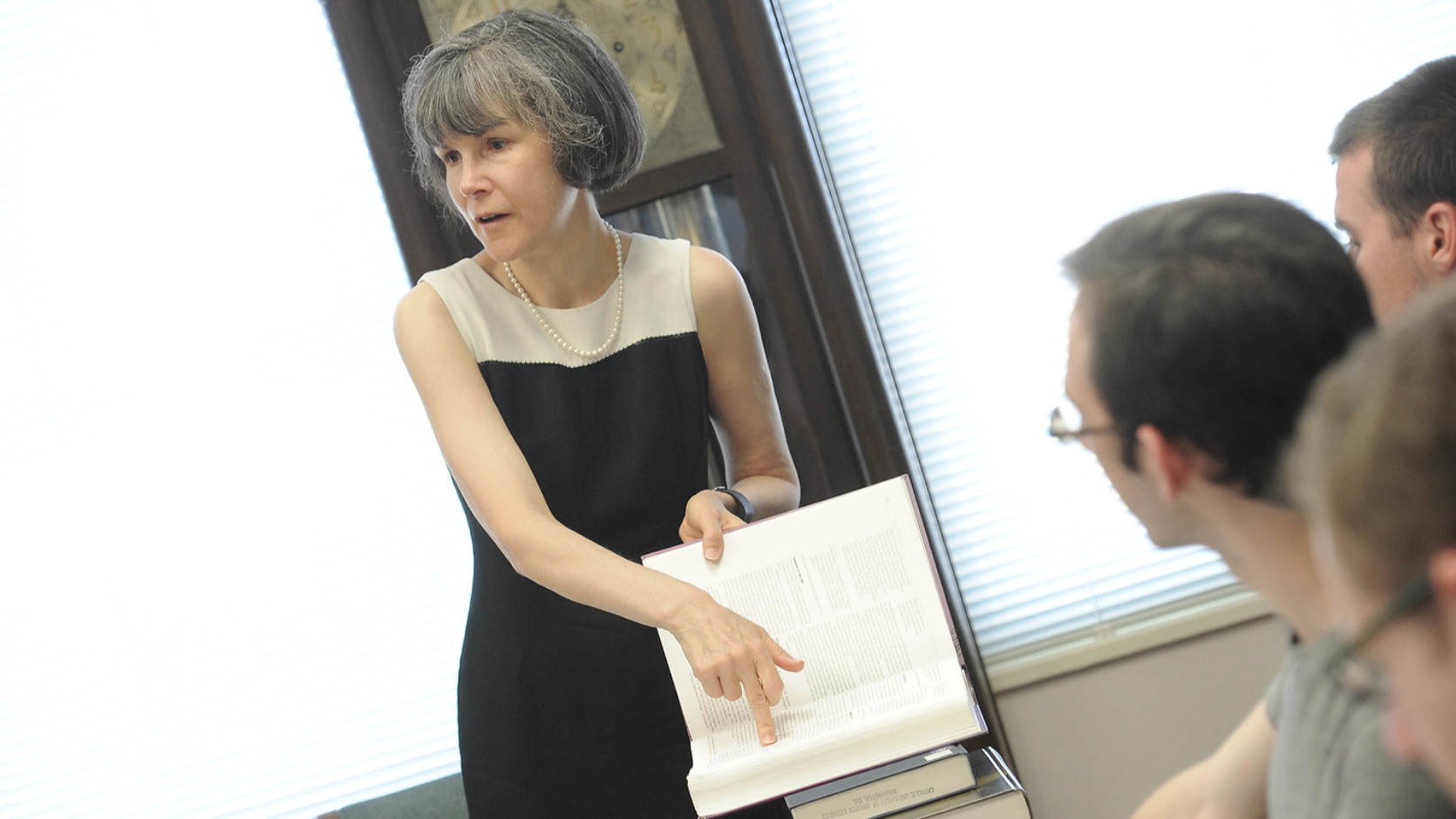The University Honors Program offers five integrated sequences of four courses in the classical liberal arts tradition. These sequences consist of classical liberal arts as well as contemporary topics in social and environmental studies.
Honors Course Sequences
-
The Christian Tradition
Learn More -
An Aristotelian Studium
Learn More -
Critical Exploration of Social Reality
Learn More -
The Environment Energy and Policy
Learn More -
Tradition and Renewal in Contemporary Catholicism
Learn More -
The Liberal Studies Track
Learn More
Additional Individual Honors Courses
The Honors Program also offers courses on a semester by semester basis that are not part of the integrated sequences. These courses are offered at the discretion of the Director and may not be offered annually. In the past, these courses have included:
- The Birth of the Public (UH)
- The Mortal and Divine in Art and Music
- The Classical Mind (UH)
- The Modern Mind (UH)
- Constitutional Democracy in Theory and Practice
- Mathematical Topics in the Social Sciences I & II (UH)
- Principles of Economics I & II (UH)
- Dangerous Beauty: Venice and Its Treasures (UH)
All Honors courses require registration permission which may be obtained by contacting the Honors Program Office. Equivalencies with requirements in students' area of concentration are established on an individual basis.
Current Honors Course Listing and Advising Guide
*(UH) denotes honors sections of courses that are offered to the entire university.
-
Courses for Incoming Freshmen
Incoming members of the University Honors Program are encouraged to participate by enrolling in one of our Honors Learning Communities. -
For-Credit Internships
Receive course credit and real world experience in your field of study through a for-credit internship. -
Capstone Seminar
The University Honors Program Capstone Seminar is designed for seniors who have completed at least one Honors track. In this dynamic course, seniors engage and analyze complex cultural artifacts in ways that draw on the methods of their own academic disciplines.

